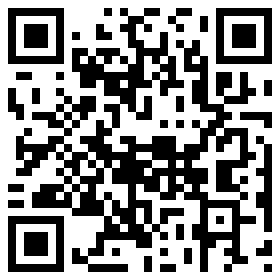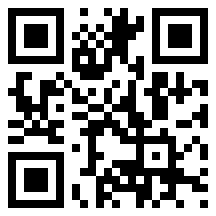Will's TEDx Melbourne video: http://www.youtube.com/watch?v=9ekcWQxgk3k
I was coming to Istanbul to give a talk on http://learning2gether.pbworks.com which I have been organizing each week since 2010. The time it takes me to archive and podcast the outcomes of those weekly events, at http://learning3gether.posterous.com, is one reason I've been blogging here so rarely lately. But now, having had the opportunity on the plane to read Will's book while coming to speak on my project, I've come up with some pieces I can loosely join in a blog post, and again in my presentation.
Incidentally, I've been following Will since his early days with http://weblogg-ed.com/. He made one of the first Elluminate webinar recordings I ever watched (I watched it in 2003) wherein he explained with screenshots on the whiteboard how teachers could get their students to blog and then follow what they were doing in Bloglines, amazing stuff back then. This technique still works in Google Reader. When I have my students blog I can follow their blogs and see when they have updated content when the blog title turns bold.
In his book Richardson explains how schools
are designed on models of information scarcity, when now that we live in a
world of abundance, people can, and do, learn what they want to know, when they
need to know it. This renders many aspects of the top-down model of
teaching irrelevant, and there are two approaches to the problem. Since school is a $500 billion-a-year business in K-12 in the
USA alone there is a money-politics faction that seeks to cash in on the solution by
delivering the old model better. Richardson argues that the answer is not
better, but differently, yet educators whose experience with school is rooted
in an era of scarcity are poorly equipped to grasp the concept of different in
a world of abundance. Going on Herbert Gerjoy’s definition of illiterate as
being not those who cannot read or write, but those who cannot ‘learn, unlearn,
and relearn’ Richardson articulates 6 steps to help teachers relearn their
trade. These are
- Share
everything (or at least something)
- Discover,
don’t deliver, the curriculum
- Talk
to strangers (filter and interact with others in your personal learning network)
- Be
a master learner
- Do
real work, for real audiences
- Transfer the power (over who drives curriculum)
To help teachers become
master learners, that is teachers adept at unlearning and relearning how an
abundance of tools can be applied to transformative outcomes for students, a
number of educators worldwide have been meeting regularly online each Sunday
afternoon (in the UAE) in some form or another for the past decade, but since
2010 as http://Learning2gether.pbworks.com.
Since EdTech SIG started its Ning Learning2gether events have always been
listed at http://taedtech.ning.com/events.
Learning2gether is a wiki, which means that anyone who wishes to contribute a
presentation, or lead a discussion, can join and write that event in. Through this way of learning together, we
seek to model for one another how to best prepare students to relearn how to
compete for jobs that haven't been invented yet. By discovering for ourselves how
learning occurs using online tools and connections with one another in real projects
with meaningful outcomes, we learn how we can empower our students to learn likewise
once we have gained familiarity with the available tools and processes.
Seth Godin provides his own take on "What is school for?" Good morning boys and girls, listen up!
Richardson, W. (2012). Why School? How Education Must Change When Learning and Information are Everywhere. Ted Conferences and Amazon Digital Services, Inc., 51 pages (estimated).
http://www.amazon.com/kindle/dp/B00998J5YQ/ref=rdr_kindle_ext_eos_detail
Will's blog post on his book: http://willrichardson.com/post/31465872495/why-school
Seth Godin provides his own take on "What is school for?" Good morning boys and girls, listen up!
Richardson, W. (2012). Why School? How Education Must Change When Learning and Information are Everywhere. Ted Conferences and Amazon Digital Services, Inc., 51 pages (estimated).
http://www.amazon.com/kindle/dp/B00998J5YQ/ref=rdr_kindle_ext_eos_detail
Will's blog post on his book: http://willrichardson.com/post/31465872495/why-school
And finally, Sugata Mitra on re-envisaging learning ...


 Tag in your DEL.ICIO.US account
Tag in your DEL.ICIO.US account










